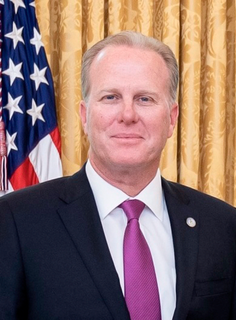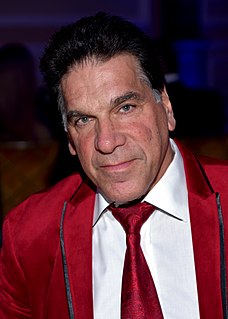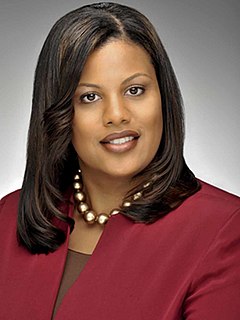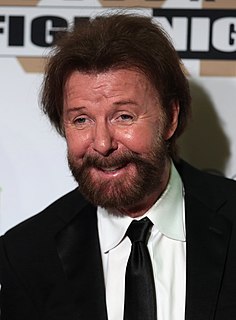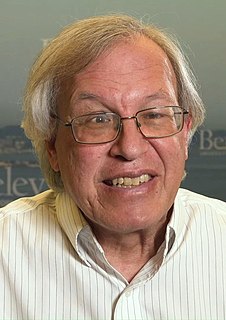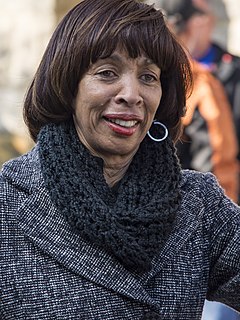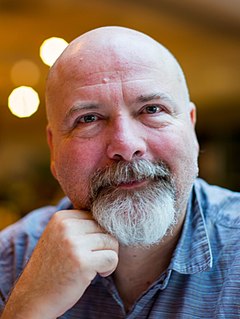A Quote by Betsy Hodges
I know there are those in the community who, rather than have us invest more in policing, even for community policing, instead want us to disinvest in the police department. We need a police department. We are going to have a police department.
Related Quotes
The DOJ has employed these investigations in communities across our nation to reform serious patterns and practices of force, biased policing and other unconstitutional practices by law enforcement. I'm asking the Department of Justice to investigate if our police department has engaged in a pattern or practice of stops, searches or arrests that violate the Fourth Amendment.
When we look at cities across the country, Cincinnati, for example, where they have come under DOJ guidance with a consent decree, we see that, over time, there has been a transformation in the relationship between the police and the community, where now they have a partnership and true collaborative policing, co-policing, to make the community safer overall.
In Baltimore they can't do police work to save their lives. Now because of Freddie Gray they're not even getting out of the car and policing corners - they're on a job slowdown, basically. Right now if the police stopped being brutal, if we got police shooting under control, and the use of excessive force, if we have a meaningful societal response to all that stuff, and the racism that underlies it, the question still remains: what are they policing, and why?
Policing has to be done compassionately and consistently. You cannot police differently in Harlem than you're policing downtown. The same laws must apply. The same procedures must be employed. Certain areas at certain times may have more significant crime and require more police presence or more assertiveness, but it has to be balanced.
Lives are saved when those potential killers are confronted by a police officer, a strong police presence and actual, honest-to-goodness, up-close 'What are you guys doing on this corner at 1 o'clock in the morning' policing. We need to be careful it doesn't drift away from us in the age of viral videos, or there will be profound consequences.
Here's what I learned as a mayor and a governor. The way you make communities safer and the way you make police safer is through community policing. You build the bonds between the community and the police force, build bonds of understanding, and then when people feel comfortable in their communities, that gap between the police and the communities they serve narrows. And when that gap narrows, it's safer for the communities and it's safer for the police.


